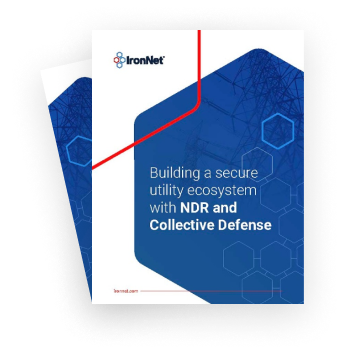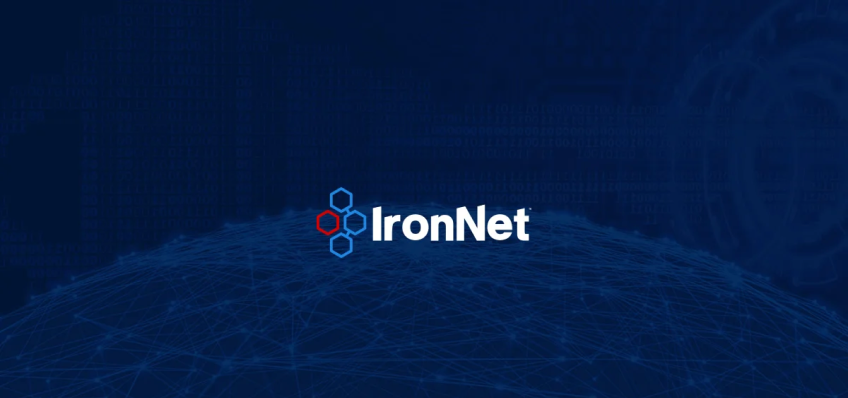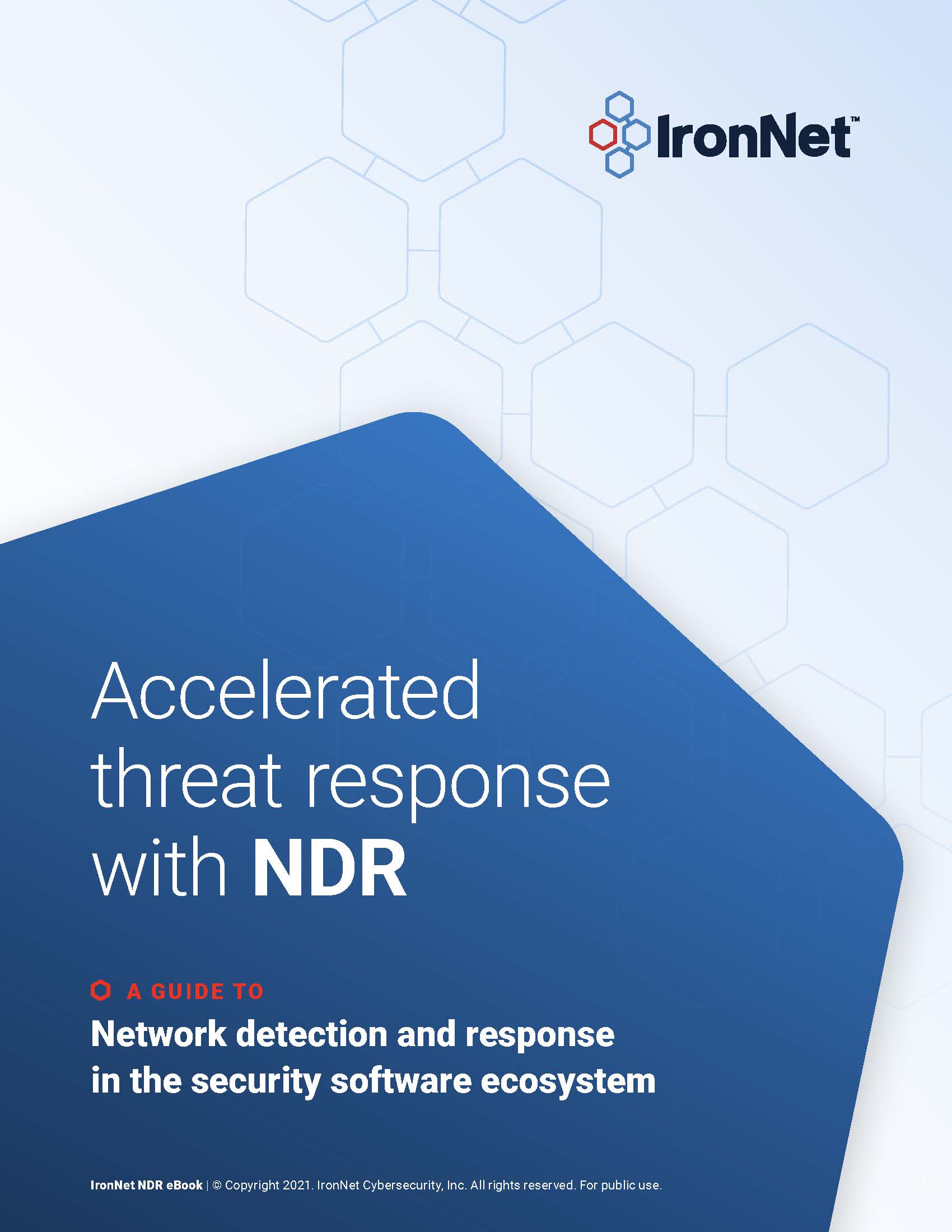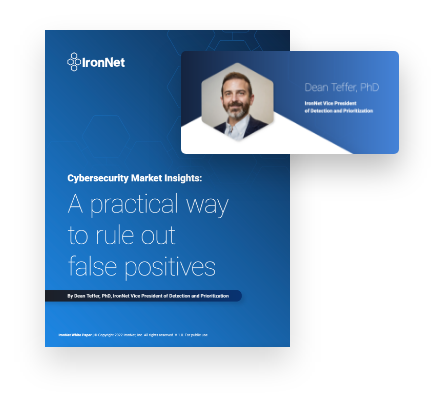Today, companies and organizations in every industry realize that no one is immune to cyber threats and the potential for devastating attacks. Once the sole concern of IT departments, cybersecurity has become a widely-recognized business priority among leadership. Companies in critical infrastructure sectors like energy and finance have digital systems connected to vital assets that, if compromised, would lead to debilitating consequences for the public.
Cyber risk is business risk
You might have heard the phrase: cyber risk is business risk. Boards of directors are putting cyber on their meeting agendas. In March, economists at Goldman Sachs warned that cyber attacks related to the Russia/Ukraine conflict could target companies and critical infrastructure to inflict significant economic damage for the U.S. and its allies.
Behind the scenes
The vulnerability of our critical systems came into sharp focus when the Colonial Pipeline was hit by ransomware. The effects of this attack were seen by the mass public, lines for gas stations stretched into roads as people tried filling their tanks. Think of the snowball effect, if you can’t fill up your tank, you can’t drive to work or take your kids to school. The attack had real consequences for people in their daily routines. It shines a spotlight on why we call it critical infrastructure. Every day we take these services for granted; we turn on the lights, drive to work, pay for lunch – each of these small actions relies on a connected infrastructure. Protecting this infrastructure is protecting our livelihood and our everyday activities, essentially what keeps the world going.
Below, we’ll look at why cybersecurity is critical for protecting operations in the finance and energy sectors, with specific examples of how IronNet addresses concerns in both industries.
Fortifying the finance sector
Organizations in finance have uniquely important responsibilities in staying secure as they safeguard numerous valuable assets. Because of this, financial institutions are 300 times more likely to be targeted by cyber attackers (Boston Consulting Group, 2019). These attacks would have detrimental effects and aftermath effects on the organizations and their stakeholders, and therefore every effort must be taken to prevent attacks from happening in the first place.
It's not just the large financial institutions, management consultant company Milliman declares that “Even an attack against a midsize bank could have a spillover effect, causing a threat to the solvency of a top-five institution.” It’s critical for all financial institutions to be protected against cybercrime, regardless of size.
Because of the ever-evolving sophistication of threats, a modern and dynamic solution is required. IronNet’s Collective Defense platform not only provides cutting-edge cybersecurity capabilities to many companies in the finance sector, but allows them to exchange threat intelligence anonymously and in real time for collaboration and enhanced visibility of unique threats.
Here are some examples:
- A sovereign wealth fund that has a $300 billion portfolio across multiple sectors used IronNet to detect unique threats, reducing noise and alert fatigue in their SOC.
- National Bank Holdings (NBH) security team used IronDefense to monitor and detect for malicious behaviors like DNS tunneling, domain generation algorithms (DGA) and periodic beaconing HTTP.
- A U.S. hedge fund that manages approximately $125 billion in global investments used IronDefense behavioral analytics to detect and respond to unknown threats, especially APTs. As one of the largest hedge fund management companies in the U.S., they have little to no tolerance for cyber risk.
- A tier-one global financial institution with nearly $2 trillion in assets under management used IronDefense to stay ahead of attackers’ ever-changing tactics, techniques, and procedures (TTP).
Keeping the lights on
In today’s connected world, nations rely on a cyber-resilient energy delivery system to provide power to everyone who needs it. Stakeholders in the energy sector must keep digital security top of mind in day-to-day operations to detect and mitigate attacks before they can interrupt service or cause damage. Due to the geographic and organizational complexity, energy companies often have an expansive attack surface, further complicating the security problem. Like finance, the energy sector is often targeted by nation-state actors who seek to cause security and economic harm. They realize the severe impact that these services have, and that’s why it’s critical to protect the systems, processes, and data that are exposed to the internet.
Using IronNet’s Collective Defense platform enables companies in the energy sector to collaborate with each other to quickly identify, triage, and mitigate threats. By exchanging threat intelligence real-time, the ‘good guys’ can have better visibility into malicious activity on their network, which previously would have gone undetected.
Here are some examples of how customers in the energy sector have used IronNet to enhance their cybersecurity posture:
- American Electric Power used IronNet’s Collective Defense to exchange threat intel and make its cyber intelligence truly actionable.
- A large energy company with 11 million customers leveraged IronNet’s Network Detection and Response to identify and mitigate risks.
- As this midwestern energy company faced challenges of the cyber talent shortage, the unique capabilities of IronNet’s Collective Defense augmented its security team’s capacity to manage potential threats.
- An investor-owned utility that serves more than 5 million customers in 11 states trusts IronNet Collective Defense to protect its power grid.
- Serving 9 million customers across 6 states, the Atlanta-based Southern Company used IronNet’s automation capabilities to triage and mitigate threats rather than relying on manual methods.
While the importance of cybersecurity in the finance and energy sectors cannot be understated, it doesn’t stop there. Every industry is susceptible to cyber attacks and therefore must have situational awareness of the threat landscape. IronNet’s Collective Defense platform enables organizations to exchange unique threat intel, which gives security teams real-time visibility of their networks.
.png)



